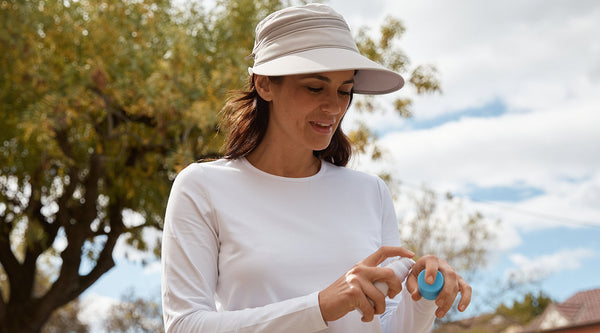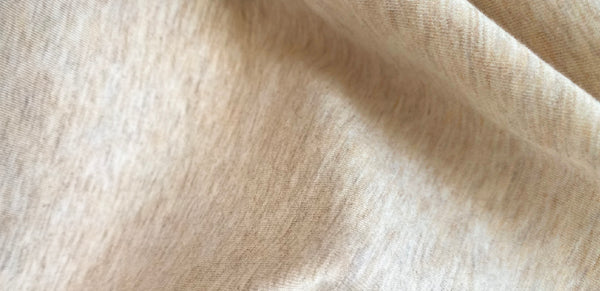There are three main types of skin cancer: basal cell carcinoma (BCC), squamous cell carcinoma (SCC) and melanoma.
When detected early, skin cancer is highly treatable. However, if left untreated, skin cancer can spread and become life threatening. This is one of the main reasons why getting to know your skin and regular skin checks are essential.
Basal Cell Carcinoma
Basal cell carcinoma (BCC) is the most common cancer in the world. It accounts for around 70% of non-melanoma skin cancers. It usually begins in the lower layer of the skin (epidermis). It can appear anywhere on the body but usually develops on areas which have received high intermittent sun exposure. BCCs should not be left untreated. Very few people die from BCC.
Squamous Cell Carcinoma
Squamous cell carcinoma (SCC) is the second most common skin cancer. It accounts for about 30% of non-melanoma skin cancers. It usually begins in the upper layer of the epidermis and also tends to arise on areas which have received significant amounts of sun exposure, such as the face, ears, neck, shoulders and back. This type of skin cancer is more dangerous than basal cell carcinoma because it has the ability to spread to other parts of the body. SCC generally grows quickly over months and sometimes weeks.
Melanoma
Melanoma is the most serious form of skin cancer. It can spread very quickly. Once it has penetrated below the surface of the skin it can become life threatening. If detected early, the survival rate is high. This largely dependent on the thickness (depth) of melanoma. If a person has a melanoma of less than 0.75mm thick can expect to have 95% cure rate. If left untreated and larger than 4mm thick, the cure rate is less than 55%. So early detection is key.
Preventing skin cancers
Minimise direct sun exposure and avoid sunburn. Wear UPF50+ sun protective clothing and sunscreen with an SPF50+ on areas not covered by your sun protective clothing. You can find more about our UPF50+ range on our website www.usa.solbari.com. You can view our UPF50+ range for women by clicking here and UPF50+ range for men by clicking here. We also encourage you to wear a UPF50+ sun hat and sunglasses. Do no use solarium or tanning salons.
You can find out more about Solbari's sun protective range by clicking the blue links below:
Women UPF 50+
Men UPF 50+
Sun hats UPF 50+
Accessories UPF 50+
SPF 50+ Sunscreen
The Solbari Team
This blog is for information purposes only, always consult your medical professional.
Enjoy the great outdoors, keep your skin safe and check it regularly. If you notice a spot or mole which doesn't look right or bleed and doesn't heal, make sure to visit your dermatologists or skin doctor.



